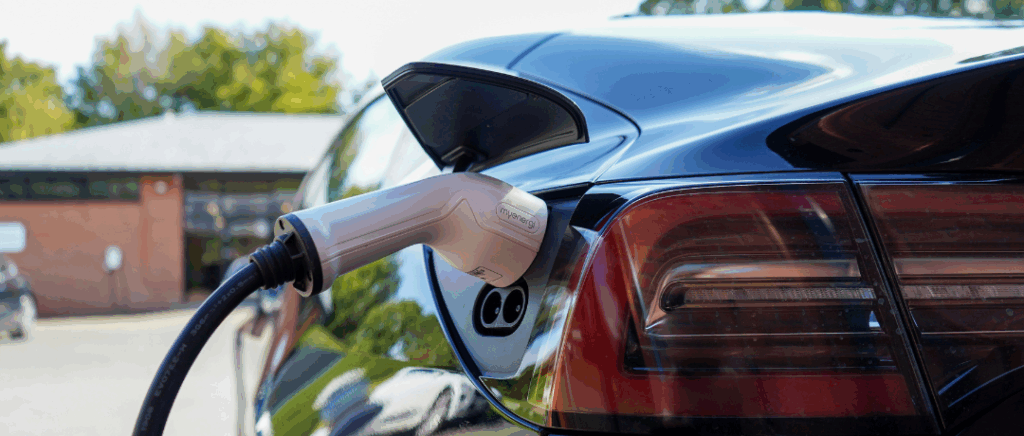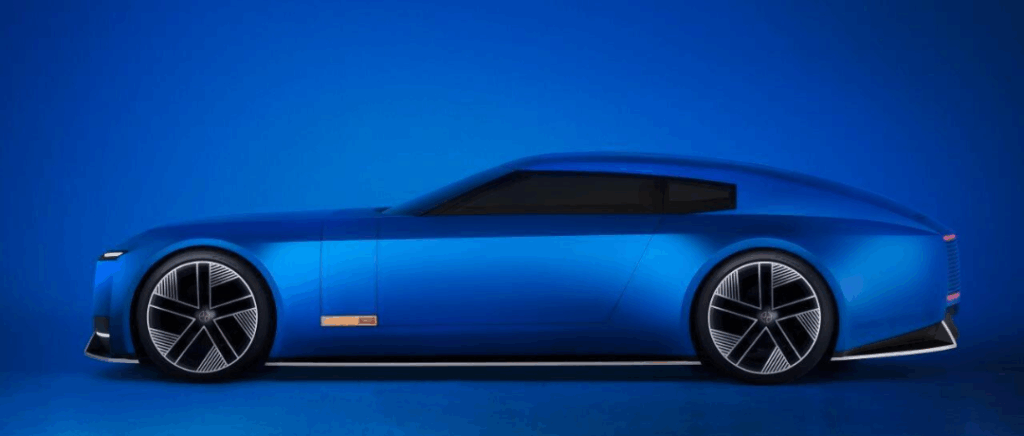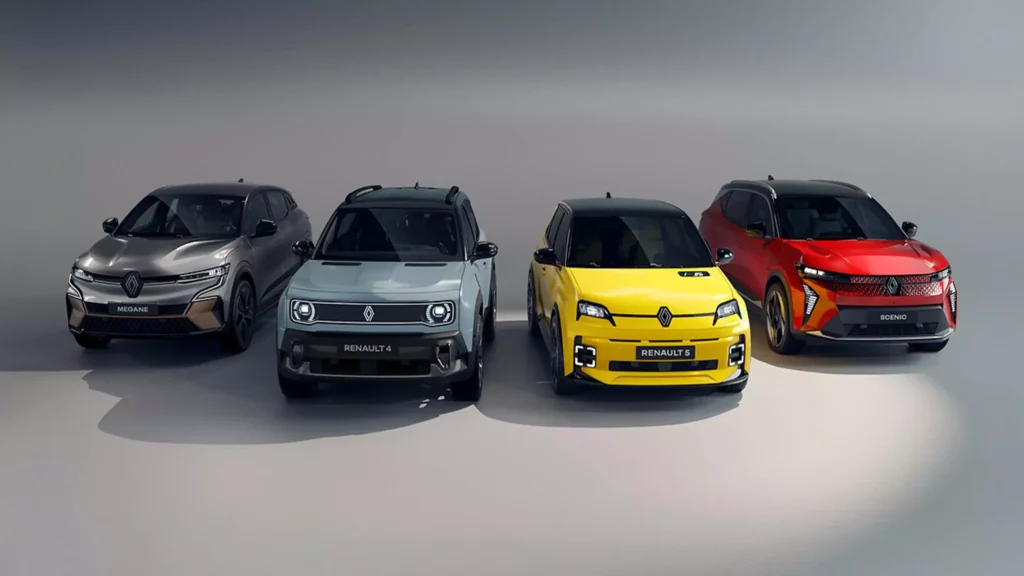Monday to Friday
9am - 12.30pm - 2pm - 7pm
We will certainly not see a fall in the price of electric vehicles On the contrary. In fact, with an ever greater increase in the number of prices of various raw materialsas is the case for lithium, steel or even copperAs we move into 2023, buying a new electric car is unlikely to become any more affordable.
What's more, the tax system will also undergo a number of changes in 2023, and not necessarily for the better.
So let's take a look at the tax changes for electric cars.
Ecological bonus to be reduced in 2023
Bad news for the environmental bonus which will undergo a further reduction of €1,000 in 2023.
As a result, the ecological bonus for the purchase of a new electric vehicle will increase to from €6,000 to €5,000 and from €7,000 to €6,000 for the purchase of an electric van, up to a maximum of 27 % of the total purchase price of the vehicle. For legal entities, the amount of the bonus has also been reduced, to from €4,000 to €3,000.
In addition, the amount of the new bonus will be reserved for electric passenger cars with a purchase price of less than €47,000 and a total mass of less than 2.4 tonnes, and electric vans.
For electric vehicles with a purchase price of between €47,000 and €60,000, the ecological bonus, which used to be €2,000, then reduced to €1,000, will finally disappear in 2023.
Finally, it should be noted that an individual can only receivea single ecological bonus every three years.
In addition, the year 2023 marks the end of the ecological bonus. for the purchase of a plug-in hybrid vehicle.
Nevertheless, the government has decided to propose a increased assistance of €7,000 for the "poorest half" of households. Any individual will be eligible if his or her reference tax income per unit is less than or equal to €14,089. In addition, this enhanced bonus is granted only for electric vehicle models. with a purchase price not exceeding €47,000.
Read also : Ecological bonus: what changes in 2023?
Electric cars for €100 a month
Regarding the launch of government aid for the most modest households, with the promise ofan electric car for €100 a monthThis appears to have been postponed. In fact, given the complexity of setting up such aid, negotiations are still underway, with the launch now scheduled for the end of the year. scheduled for 2023.
Summary table of the 2023 ecological bonus
| Catégories | Depuis le 1er juillet 2021 | À partir du 1er janvier 2023 |
|---|---|---|
|
Electric vehicles (CO2 ⩽ 20g/km) costing less than €47,000
|
27 % of the price up to €6,000
|
27 % of the price up to €5,000
|
|
Electric vehicles (CO2 ⩽ 20g/km) costing less than €47,000 (legal entity)
|
27 % of the price up to €4,000
|
27 % of the price up to €3,000
|
|
Electric vehicles (CO2 ⩽ 20g/km) from €47,000 to €60,000
|
2 000 €
|
Deleted
|
|
Electric vans or hydrogen-powered vehicles (CO2 content ⩽ 20g/km) over €60,000
|
2 000 €
|
1 000 €
|
|
Plug-in hybrid vehicle (CO2 level between 21 and 50 g/km) up to €50,000 and autonomy > 50 km
|
1 000 €
|
0 €
|
Strengthening the ecologic malus in 2023
While the weight-based penalty will remain unchanged in 2023, still sparing electric cars and plug-in hybrids, the scale of the ecological penalty will undergo an increase from 1 January 2023.
The ecological penalty now affects any vehicle with CO2 emissions starting at 123 g/km.
Read also : Ecological surcharge: a further increase planned for 2023
You would like toto electric?
Beev offers multi-brand 100% electric vehicles at the best prices, as well as recharging solutions.
The conversion premium in 2023
The conversion allowance will also change from 1 January 2023.
In fact, only households whose reference tax income is less than €22,983 will be eligible for the conversion premium.
What's more, the bonus is being made even tougher, as it will now apply only to electric cars. with a purchase price of less than €47,000.
Despite this, additional aid for electric vehicles will be granted, with maximum aid going to from €3,000 to €4,000 to finance a Crit'Air 1 model.
Finally, in 2023, the amount of the bonus will be increased by €1,000 in all EPZs. This amount can even go up to up to €3,000 if it is combined with local aid offered by local authorities.
Read also : Everything you need to know about the conversion premium in 2023
The rise in car insurance in 2023
From the start of the year, we can expect to see an increase in the price of car insurance. Forecasts for car insurance price inflation are as follows are included between 2% and 5% by 2023. All of which adds up to a significant increase in the cost of acquiring and maintaining a new electric car.
What's more, there are a number of reasons for this rise, including a significant increase in the number of road accidents, higher prices for spare parts and the rising value of vehicles.
However, to reduce the cost of taking out car insurance, you can negotiate the price of your insurance. If you are already insured, you also have the option of review your car insurance contract.
Read also : How do you negotiate car insurance for an electric car?
The EPZs in 2023
From 2023, there will also be a number of changes to the Low Emission Zones (ZFE). With the aim of increasing the number of EPZs by 2025, many changes are already underway in existing EPZs.
Read also : The EPZ: what impact will it have on private individuals and businesses?
Scrappage scheme
From 2023, a scrappage premium of maximum amount of €1,000 is now paid, without preconditions, to anyone living or working in an EPZ.
The zero-rate loan
In addition, 2023 will see the experimental launch of a zero-interest loan for households living or working in EPZs.
The aim of this launch is to help households finance their electric vehicle, once the amount of the bonus and premium has been deducted from the purchase price.
However, this loan will be subject to certain conditions:
- reserved for households with a reference tax income per unit of no more than €14,000
- only applies to vehicles with CO2 emissions of up to 50 g/km and a purchase price of no more than €45,000
- capped at a maximum loan of €30,000 and a maximum of €10,000 for a rental contract
- repayable in 7 years
Tougher rules
From 1 January 2023, certain cities classified as EPZs will see their rules tightened.
Here is a summary table, by metropolis, of the rules put in place for 2023.
Summary table of stricter rules in the EPZs
| Métropole | Nouvelles règles à partir du 1er janvier 2023 |
|---|---|
|
Lyon
|
ban on vehicles with Crit'Air 5 stickers (end of the educational period) and start of fines
|
|
Aix-Marseille
|
Crit'Air 3 sticker required to drive in the EPZ (rule in force since September 2022)
|
|
Montpellier
|
a new ban from 1 January on Crit'Air 5 and non-classified vehicles for light vehicles and Crit'Air 4 and above for light commercial vehicles and heavy goods vehicles
|
|
Toulouse
|
ban on Crit'Air 4 and 5 and non-classified vehicles from 1 January
|
|
Nice
|
a ban on Crit'Air 5 light vehicles (unless an exemption is granted) and a ban on all Crit'Air 4 and 5 heavy goods vehicles in the hyper-centre zone
|
|
Grenoble
|
a ban on Crit'Air 5 vehicles from 1 July 2023
|
|
Strasbourg
|
ban on Crit'Air 5 vehicles from 1 January 2023
|
|
Rouen
|
banning of Crit'Air 4 vehicles, in addition to the Crit'Air 5 vehicles already banned
|
|
Reims
|
banning of Crit'Air 4 vehicles, in addition to the Crit'Air 5 vehicles already banned
|
Charging stations in 2023
As for charging stations 2023 will see the installation of charging points for electric cars. at all motorway service areas in France.
This follows on from the decree of February 2021 on the compulsory introduction by all motorway concessionaires ofinstall at least four recharging points at their rest areas by 1 January 2023. Although this deadline was not met in January, all motorway service areas should be equipped with recharging stations by 2023.
What's more, the trend is towards the development of public charging points in France, a project supported by the government, which has in particular launched a new financial aid for the installation of charging points in rural stations.
Even though the number of charging points available is increasing at a relatively slow rate, with 77,318 recharging points in France on 31 October 2022The number of terminals is expected to reach 100,000 by 2023.
Read also : New financial aid for the installation of pay stations at small service stations
Aid to encourage car-pooling
The State intends to promote the development of short-distance car-sharing in the new year 2023. A 100 bonus will be allocated to everyone who starts carpooling, with payments made directly by the carpooling platforms, in the form of financial payments or vouchers.
In conclusion
Here are the main changes to be expected in 2023 as far as electric cars are concerned. Most of the changes will be in terms of taxation, which is not necessarily good news for motorists, as inflation is still rising.
It remains to be seen whether these changes will really act as a brake on the purchase of an electric vehicle and, more generally, on the growth of the electric vehicle market in 2023.
































